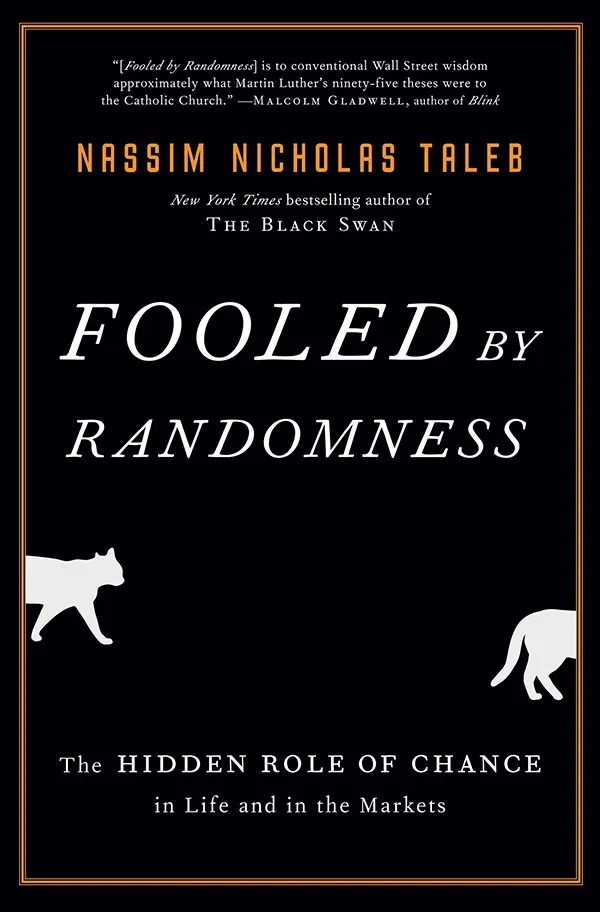We seek to accomplish and obtain things, achieve higher status, acquire wealth or fame, develop power, and so on. We live with a persisting hopefulness that in the future, we will have and control enough stuff to free ourselves of our emptiness, vulnerability, and confusion.
Stoicism is an ancient Greek philosophy that emphasizes the development of self-control, rationality, and wisdom as a means of finding peace and happiness in life. The key tenets of stoicism include:
- Acceptance of what is beyond your control: Stoics believe that some events and circumstances are outside of our control and that we should focus our attention and energy on what we can control: our thoughts, emotions, and actions.
- The importance of virtue: Stoics believe that living a virtuous life is the path to happiness and that virtues such as wisdom, justice, courage, and self-control are essential for a fulfilling life.
- The power of reason: Stoics believe that reason is the guiding force in our lives and that it can help us navigate difficult circumstances and make wise decisions.
- The pursuit of wisdom: Stoics believe that wisdom is the ultimate goal in life and that it can help us achieve a sense of peace and contentment, regardless of our external circumstances.
- The value of adversity: Stoics believe that adversity and hardship can be valuable opportunities for growth and development and that we should embrace these challenges with a positive attitude.
Stoicism has been widely influential throughout history, and its teachings continue to be relevant today. Many people find that the philosophy provides a framework for finding meaning and purpose in life, and for developing resilience in the face of adversity.
In conclusion, stoicism is a philosophy that emphasizes the importance of accepting what is beyond our control, living a virtuous life, and using reason and wisdom to find happiness and peace. Its teachings are timeless and continue to be relevant for people seeking a meaningful and fulfilling life.
Stoicism is a philosophical tradition that has been widely studied and debated for over two thousand years. Like any philosophy or belief system, it has its strengths and weaknesses, and some people may find it to be beneficial while others may not.
Critics of stoicism argue that its focus on accepting what is beyond one’s control can lead to passivity and resignation, rather than action and change. They also argue that its emphasis on emotional detachment and stoic calm can be damaging to mental health and personal relationships.
It’s important to keep in mind that philosophies, like Stoicism, are not inherently good or bad, but are simply frameworks for understanding the world and finding meaning in life. Whether Stoicism is right for you will depend on your own personal values and priorities, as well as your experiences and circumstances.
Ultimately, it’s up to each individual to critically evaluate the philosophy and determine whether its teachings are beneficial or not. If you have concerns or questions about stoicism, I would recommend speaking with a philosopher or a mental health professional who can help you explore the ideas further.



